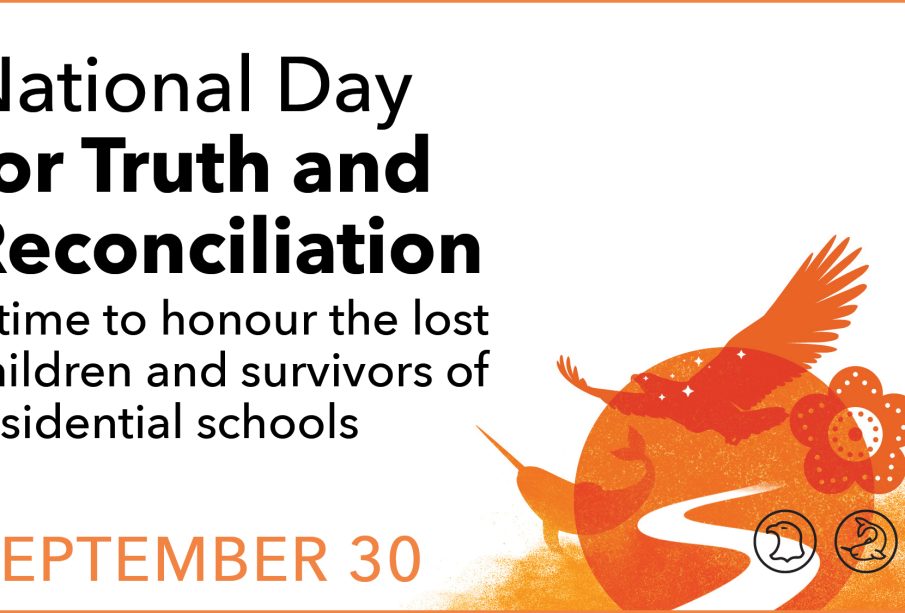Understanding Truth and Reconciliation Day in Canada

Introduction
Truth and Reconciliation Day, observed on September 30th each year, is a significant day in Canada dedicated to honoring the survivors of residential schools and recognizing the ongoing impact of colonialism on Indigenous peoples. The day serves as a reminder of the painful history faced by Indigenous communities and reinforces the importance of acknowledging and rectifying past injustices. With growing awareness and education surrounding these issues, Truth and Reconciliation Day has become a pivotal part of dialogue surrounding Indigenous rights and reconciliation efforts in Canada.
Historical Context
The establishment of Truth and Reconciliation Day stems from the Truth and Reconciliation Commission (TRC), created to address the legacy of the residential school system. This system, which forcibly removed Indigenous children from their families to assimilate them into Euro-Canadian culture, has left deep-seated trauma within Indigenous populations. The TRC’s final report, released in 2015, included 94 Calls to Action, which emphasize the need for government and institutions to engage in meaningful reconciliation practices. Canadian Parliament officially recognized September 30th as Truth and Reconciliation Day in June 2021, marking a commitment to honor this important chapter in the nation’s history.
Current Observances
In the lead-up to Truth and Reconciliation Day, various events take place across the country, including educational workshops, cultural celebrations, and community gatherings. Many Canadians wear orange shirts as a symbol of solidarity, stemming from the ”Every Child Matters” movement, which highlights the tragic legacy of residential schools. Schools and workplaces are encouraged to facilitate discussions on the significance of the day, fostering an environment of reflection and learning.
Future Implications
Looking ahead, Truth and Reconciliation Day serves as both a memorial and a call to action. As Canadians continue to engage with the Calls to Action set forth by the TRC, there is hope for meaningful changes to policies affecting Indigenous communities. Organizations are encouraged to build partnerships with Indigenous peoples, ensuring their voices and rights are prioritized in decision-making processes. The day provides an opportunity for individuals to educate themselves and participate in ongoing conversations about justice and healing.
Conclusion
Truth and Reconciliation Day is a critical component of Canada’s journey towards healing and equity. As the nation reflects on both the traumas of the past and the pathways to a more inclusive future, it underscores the importance of individual and collective responsibility in the reconciliation process. By observing this day, Canadians honor Indigenous communities, foster understanding, and strive for a more equitable society.









